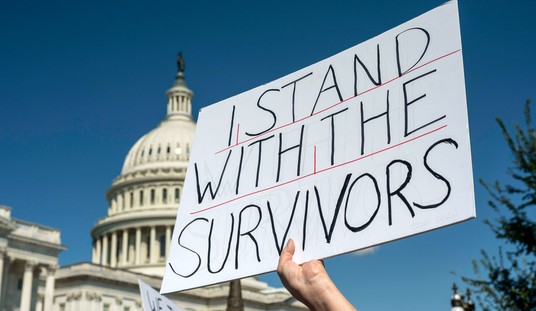Seven years after the recession supposedly ended, U.S. workers appear to finally be making some progress in regaining some of the income lost during the downturn.
The U.S. Census Bureau announced that middle class incomes rose at a faster annual rate than any year previously and poverty rates dropped precipitously.
In its annual report on income and poverty, the Census Bureau said Tuesday that the share of people in the U.S. living in poverty dropped to 13.5% in 2015, marking one of the biggest annual declines in decades.
That was down from 14.7% in the prior year, but still considerably higher than the 12.3% poverty rate in 2006, the year before the Great Recession began, and the 40-year low of 11.3% in the year 2000.
The report also provided some encouraging news for a change on average American incomes. The median household income — the point at which half make more and half less — was $56,500 last year. That was up a substantial 5.2% from $53,700 in 2014, after adjusting for inflation.
American families still have some distance to go to recover fully from more than a decade of declining and stagnant earnings: The median household income was $57,900 in 1999.
“The good news is, maybe we’ve turned the corner,” said Sheldon Danziger, president of the Russell Sage Foundation, who like other experts following poverty and income issues had expected some improvement but nothing this large.
“I’m certainly more optimistic than I’ve been in a long time,” he said of the broad-based gains in income and poverty measures. “The prospects look good, at least for 2016 for being an improvement over 2015.”
By any measure, this is good news. But as Scott Shackford at Hit and Run points out, the numbers tell a different story than what the Clinton campaign and Obama White House would have you think:
Remember, Democrats want it both ways here. They praise the economic recovery (and will credit President Barack Obama because he was in charge during it, though his penchant for regulations probably slowed the recovery down), and yet they call for wage increases that will drive people back out of the marketplace and insist that America has problems with “income inequality.”
But we don’t, really. These census numbers bolster data about Americans’ incomes that had started becoming clear last winter. While folks like Bernie Sanders were yelling about the “vanishing middle class,” the data showed that the reason the middle class was getting smaller was because more people were moving upward into the upper class. There was an increase in the number of people whose incomes shrunk, but that number was much less.
So what these new numbers mean is that we’re even seeing a drop in the number of people making less money than they were before the recession. Throwing those two data sets together, that simply means we have both more wealthy people and fewer poor people. The success of one group does not have to be at the expense of the other. Democrats should be concerned that the inequality as it stands is geographic in nature, and therefore blanket policies like statewide or nationwide minimum wage hikes are not the right solution and could end up making life even worse for the types of people who are backing Trump.
The Great Recession was bad, but recovering from it was hindered by the wrong-headed, disastrous policies of the Obama administration. But despite the roadblocks put in front of the recovery, it appears that we are finally clawing our way out of the worst of it.
But we are still significantly below the income level achieved in 2006, the year before the recession. So the next step is to create jobs that pay a decent wage. Not mandate a $15-an-hour minimum wage which is an artificial number not connected to any kind of economic reality, but retool our economy to create good jobs that are worth $15 an hour or more.
President Obama and the Democrats want to take credit for these cheery numbers. Instead, they should hang their heads in shame for doing everything they could to undermine the recovery.










Join the conversation as a VIP Member